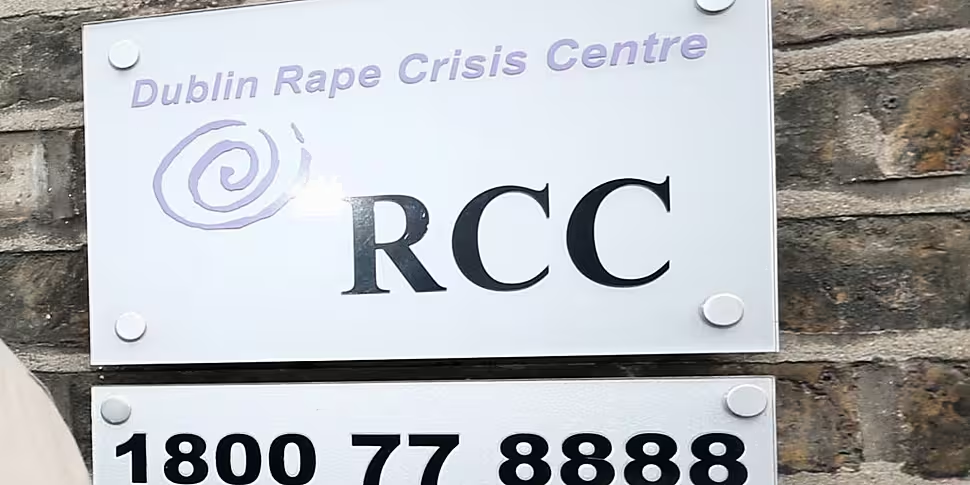A new report by the HSE shows there has been a a growing trend of the use of extreme violence in assaults in Ireland.
1,072 people people were treated at the country's six sexual assault treatment units last year, a 24.7 per cent increase compared to 2021.
91 per cent of attendees were women, 8 per cent were men and 1 per cent identified as another gender or none.
The centres are located in Dublin, Cork, Waterford, Mullingar, Galway and Letterkenny.
Dublin and Cork were the most visited, caring for 427 and 190 patients respectively.
Noeline Blackwell said the increase was likely influenced by COVID-19 lockdowns in the past two years.
“If you were to take COVID and the lockdown period out of it, it’s about 10% up from 2019,” she said.
Increase in Violence
The annual report of the HSE-funded units also revealed a growing trend of the use of extreme violence in assaults.
Physical restraints were used in 34 per cent of incidents recorded last year, compared to 25 per cent in 2021.
A total of five people were hospitalised due to injuries suffered during the assault.
Noeline Blackwell said there is “a growing belief that for sex to happen, it has to be violent”.
“A lot of people are getting a lot of their ideas about what sexual relationships should look like from pornographic material and that is highly violent.”
“People are incorporating this into their sexual activity, even though it is harmful and abusive and even though people are really upset by it.”
"Issues That Have to be Addressed"
Noeline says there are a number of issues that need to be addressed by the government in relation to victims of sexual assault.
SATUs across Ireland have failed to reach their targets of seeing victims within three hours of requesting an examination.
Noeline says this is the “usual situation with so many health services at the moment” as unsocial nighttime hours make it difficult to staff the treatment units. Noeline said the long wait times can be incredibly hard for victims.
“People are so upset by rape or sexual assault, and while they are waiting for that treatment, they can’t even go home and change.”
Both the Dublin Rape Crisis Centre and the national SATUs say they are committed to reducing these wait times and want to continue to provide support and care for sexual assault victims.












